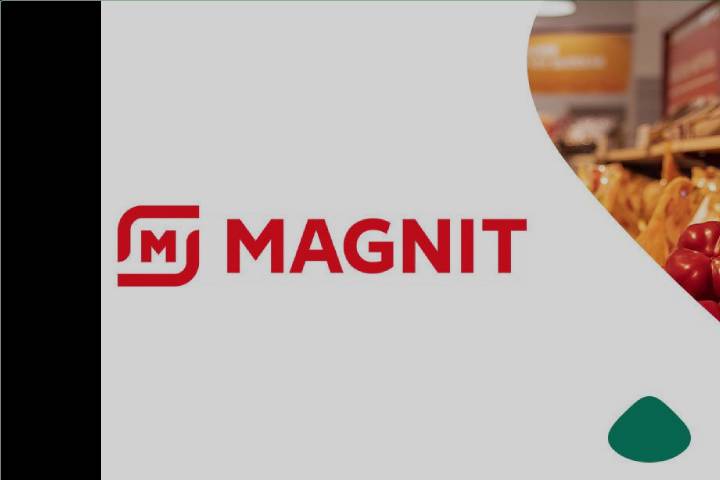Briefly about how the political crisis could affect the economies of the US and the EU and the global supply of food and materials for microchips?
In the 2010s, geopolitics played one of the critical roles in global political processes, writes The Economist. China competed with the United States, Latin America experienced coups, and tensions rose in the Middle East. But the global financial markets did not feel acute pressure on themselves, and investors continued to pour money into them.
Now, after deploying troops to Ukraine, it seems unlikely that it will be possible to protect the global economy, Bloomberg notes. On February 24, the price of futures for Brent oil reached $105 per barrel, exceeding $100 for the first time since 2014. And gas in Europe jumped by 62% – the last time this happened only in 2005.
Western governments impose sanctions against Russia, but they understand that they risk suffering. According to Bloomberg, people will spend more and more on fuel and heating and less on other goods and services. Central banks will have to contain prices and support the economy simultaneously. Inflation could rise, markets could become even more volatile, and overall economic growth could slow down.
What Will Happen To The Microchip Market
In early February, the US government recommended that chip manufacturers find new suppliers of materials and gasses so as not to be left without them in the event of Russian troops entering Ukraine and subsequent geopolitical disagreements and sanctions. It was about palladium for sensors and semiconductor memory, and neon: it is needed for lasers, used to make microcircuits.
The Dutch holding ASML – a supplier of lithographic equipment for Intel, Samsung Electronics, and Samsung Electronics – said that it was already looking for alternative neon sources. Manufacturers themselves do not yet expect a complete collapse of the supply chain :
- South Korean SK Hynix said it has sufficient stocks of materials.
- American GlobalFoundries – which does not depend entirely on Russia and Ukraine
- United Microelectronics and ASE Technology from Taiwan will also be able to purchase from other suppliers in sanctions.
However, an anonymous Reuters source from Japan warned that the availability of these materials is already limited. At the same time, according to TechNet, demand for them will grow by more than 37% by 2026. So any pressure on the chain can lead to higher prices and, therefore, the cost of the chips themselves.








